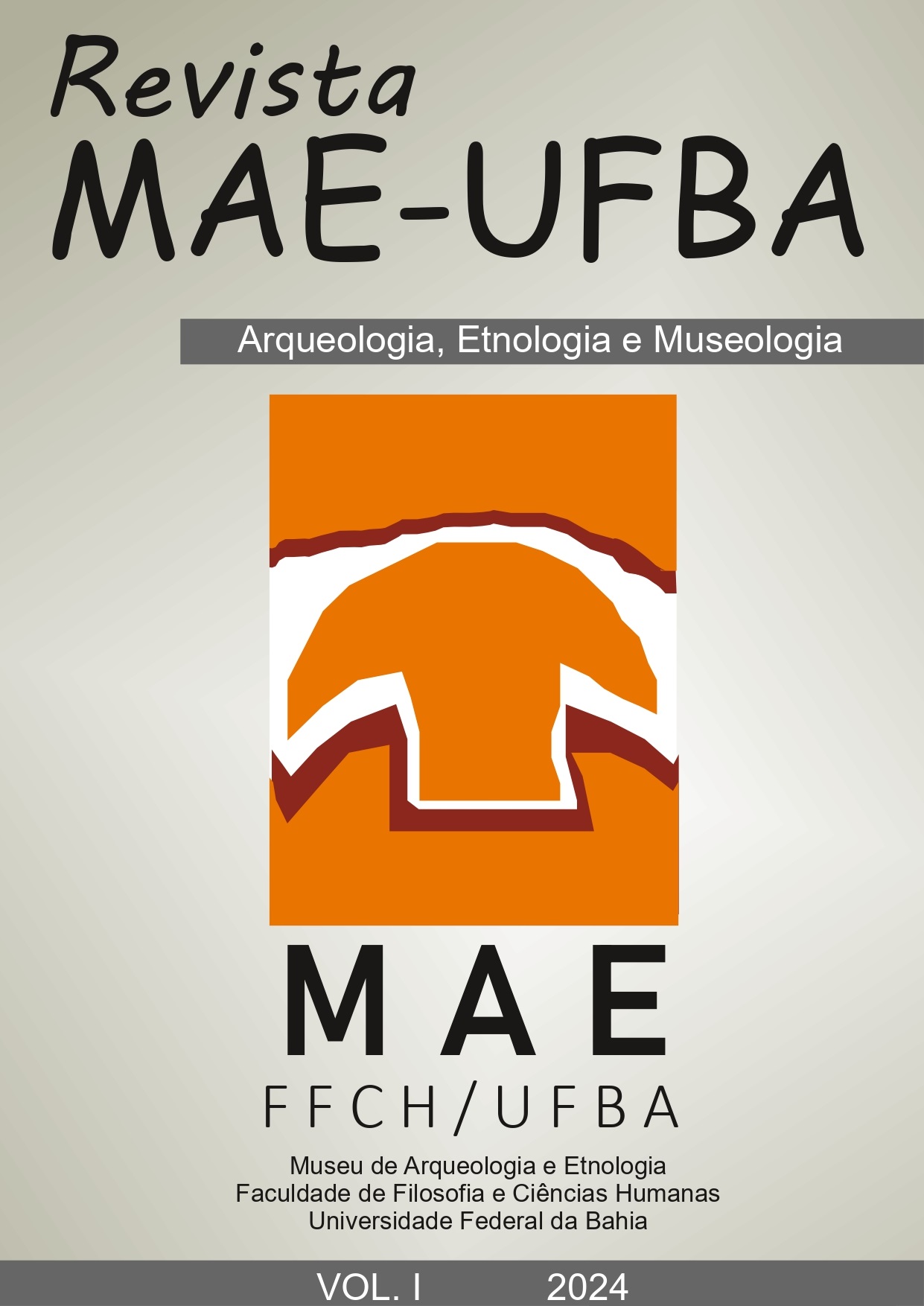Museological documentation in research laboratories and archeology collections
DOI:
https://doi.org/10.9771/rmae.v1i0.64832Keywords:
Custodial and Research Institution; Museum Documentation; Collections Management; Musealization of Archaeological Heritage.Abstract
This article aims to consier the perspectives involving museological documentation as a collection management procedure in archaeological collections Storage and Research Institutions, in particular, laboratories belonging to federal universities. Within the scope of these universities, which, according to Law No. 9,394/1996 have the right to offer undergraduate courses and, thus, train higher education professionals, the study observed, in institutionalized intellectual production, theoretical,
methodological, conceptual and technical issues that deal with the performance of important functions on preserving objects within storage and research laboratories. Along this path are institutionalpolicies for the acquisition of collections; entry protocols, which reflect on the ways in which collections are entered into laboratories, including the issuance of the institutional endorsement statement, which is understood, in this study, as a collection acquisition procedure. Therefore, there is an undeniable need to discuss guidelines on how archaeological heritage will enter laboratories. In this context, the objective is to analyze the performance of different custody and research institutions in the role of manager of cultural assets and, in doing so, establish a dialogue with the examples observed, qualifying modes of operation for the management of collections. To this end, examining ordinances, normative instructions and laws, among other procedures that dialogue with the topic, was necessary while seeking actions that can support custody and research laboratories on the preservation and management of cultural assets arising from archaeological research projects. Therefore, it is extremely important for archaeological heritage to have a place that meets principles of accountability (transparency, responsibility and responsiveness) when dealing with information. Finally, for laboratories and other storage and research institutions, it is important that they are offered conditions
and possibilities to highlight the information contained in social relations through objects. To this end, the museum documentation procedure becomes an ally in the retrieval of information throughout the entire length of the archaeological research process and beyond.
Downloads
Downloads
Published
Versions
- 2024-12-08 (2)
- 2024-12-08 (1)
How to Cite
Issue
Section
License
Copyright (c) 2024 MAE/UFBA Journal: Archeology, Ethnology, and Museology

This work is licensed under a Creative Commons Attribution-NonCommercial-NoDerivatives 4.0 International License.


